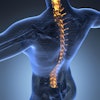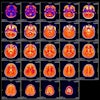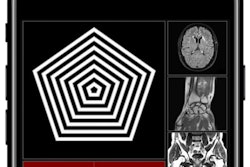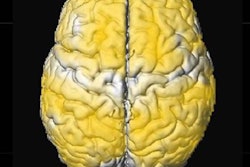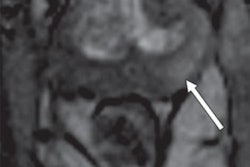Dear AuntMinnie Member,
In findings that a study co-author said were surprising, more than half of pediatric radiology departments in a recent survey said they have switched from linear-based gadolinium MRI contrast to macrocyclic agents.
Safety concerns have been rising around linear gadolinium contrast due to studies that have found residual traces of gadolinium in patients years after the agents were administered. On March 10, a European regulatory agency recommended that four linear gadolinium agents be taken off the market.
In a recent paper in Pediatric Radiology, researchers from a pediatric hospital in Arizona reported on a survey they sent to dozens of pediatric radiology departments and hundreds of referring physicians about their gadolinium use. They found that more than half of the departments had switched from linear to macrocyclic agents, with most citing safety concerns as the reason. Read more by clicking here.
In other MRI news, researchers from the University of Chicago used the modality to discover that children with moderate or severe sleep apnea have significant reductions in gray matter in several regions of their brains, compared with kids who sleep normally.
And researchers from New York used MRI in place of serial biopsy as part of an active surveillance program for patients who had been treated for prostate cancer. That story is available by clicking here, or visit our MRI Community at mri.auntminnie.com.
DBT and BI-RADS accuracy
Digital breast tomosynthesis (DBT) is turning out to have a variety of advantages for breast cancer screening. Researchers from Italy seem to have found another one -- it improves the accuracy of lesion characterization using BI-RADS. Find out how by clicking here in our Women's Imaging Community.
New Mobile App Spotlight
Finally, visit our Imaging Informatics Community for our latest Mobile App Spotlight, an ongoing series on the hottest mobile apps. We're pleased to profile A k-Space Odyssey, an app designed to help anyone working in the field of MRI to better understand the mysteries of k-space, a foundational concept in MRI physics. Learn more by clicking here, or visit the community at informatics.auntminnie.com.

